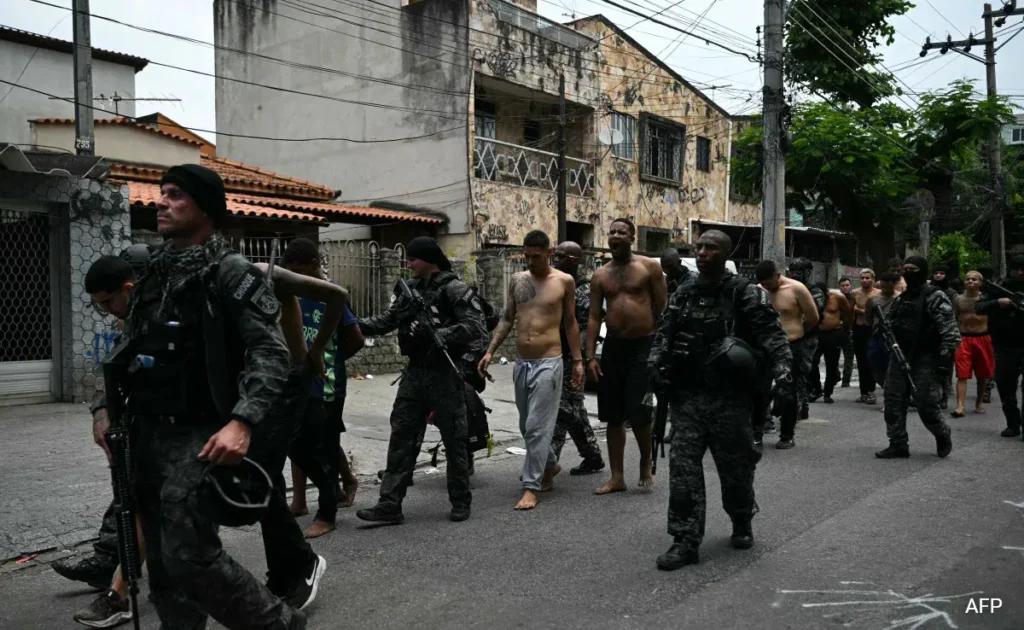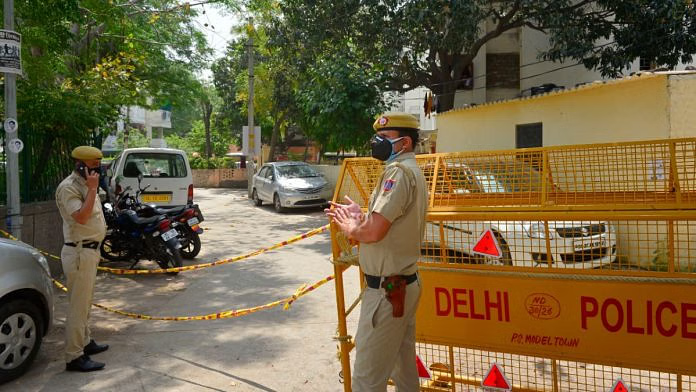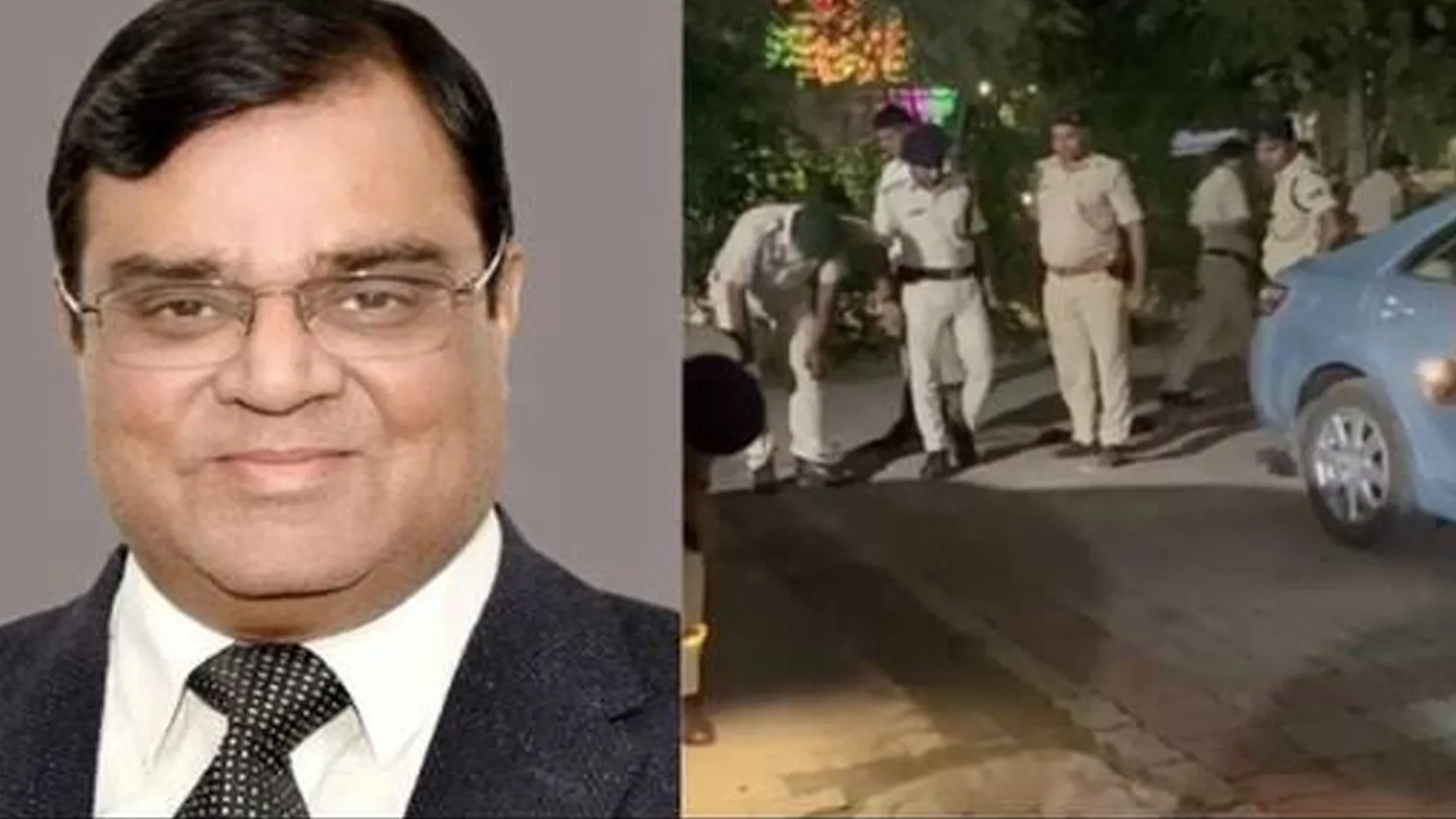Now Reading: Autopsy Uncovers Severe Torture in Tamil Nadu Custodial Death, Sparks Outrage and Demands for Justice
-
01
Autopsy Uncovers Severe Torture in Tamil Nadu Custodial Death, Sparks Outrage and Demands for Justice
Autopsy Uncovers Severe Torture in Tamil Nadu Custodial Death, Sparks Outrage and Demands for Justice

A custodial death case in Tamil Nadu has stirred public anger after an autopsy revealed disturbing details of torture. The victim, a 25-year-old man who died in police custody, reportedly suffered multiple internal and external injuries. As the findings come to light, questions around custodial violence, police accountability, and human rights have resurfaced, particularly in India’s smaller towns where legal recourse often remains limited.
Shocking Autopsy Revelations
The post-mortem report listed more than 20 injuries on the young man’s body, including damage to internal organs. Doctors confirmed the wounds were consistent with blunt-force trauma and sustained over a period of time. Family members allege that the victim was beaten brutally during interrogation and denied medical attention, leading to his death. These claims have intensified calls for an impartial investigation.
Police Response and Action Taken
Local police officials initially described the death as a result of “sudden illness.” However, the autopsy contradicts that version, prompting the state government to transfer the case to the CB-CID (Crime Branch–Criminal Investigation Department). Several officers involved have been suspended pending further inquiry, though rights activists argue that suspensions are not enough in cases involving custodial abuse.
Human Rights Concerns in Tier 2 Cities
Incidents of custodial violence are not limited to metro cities. In Tier 2 and Tier 3 regions—where legal awareness and media presence are limited—such cases often go unnoticed or are quickly buried. Legal experts stress the urgent need to educate citizens about their rights and ensure that law enforcement operates within the boundaries of the Constitution.
Public and Political Reactions
Civil rights groups, legal professionals, and opposition parties have condemned the incident, demanding swift justice and stronger safeguards against police brutality. Protests have emerged in several parts of Tamil Nadu, with demonstrators urging the government to implement stricter checks on police procedures and ensure justice for the victim’s family.
Conclusion
The Tamil Nadu custodial death case has once again exposed the deep flaws in India’s criminal justice system. While legal proceedings are now underway, the tragedy highlights the need for systemic reform, transparency in policing, and better protection of citizens’ rights—especially in smaller towns where access to justice often depends on visibility and public pressure. The question remains: how many more such cases will it take before real change happens?
Ask ChatGPT

























